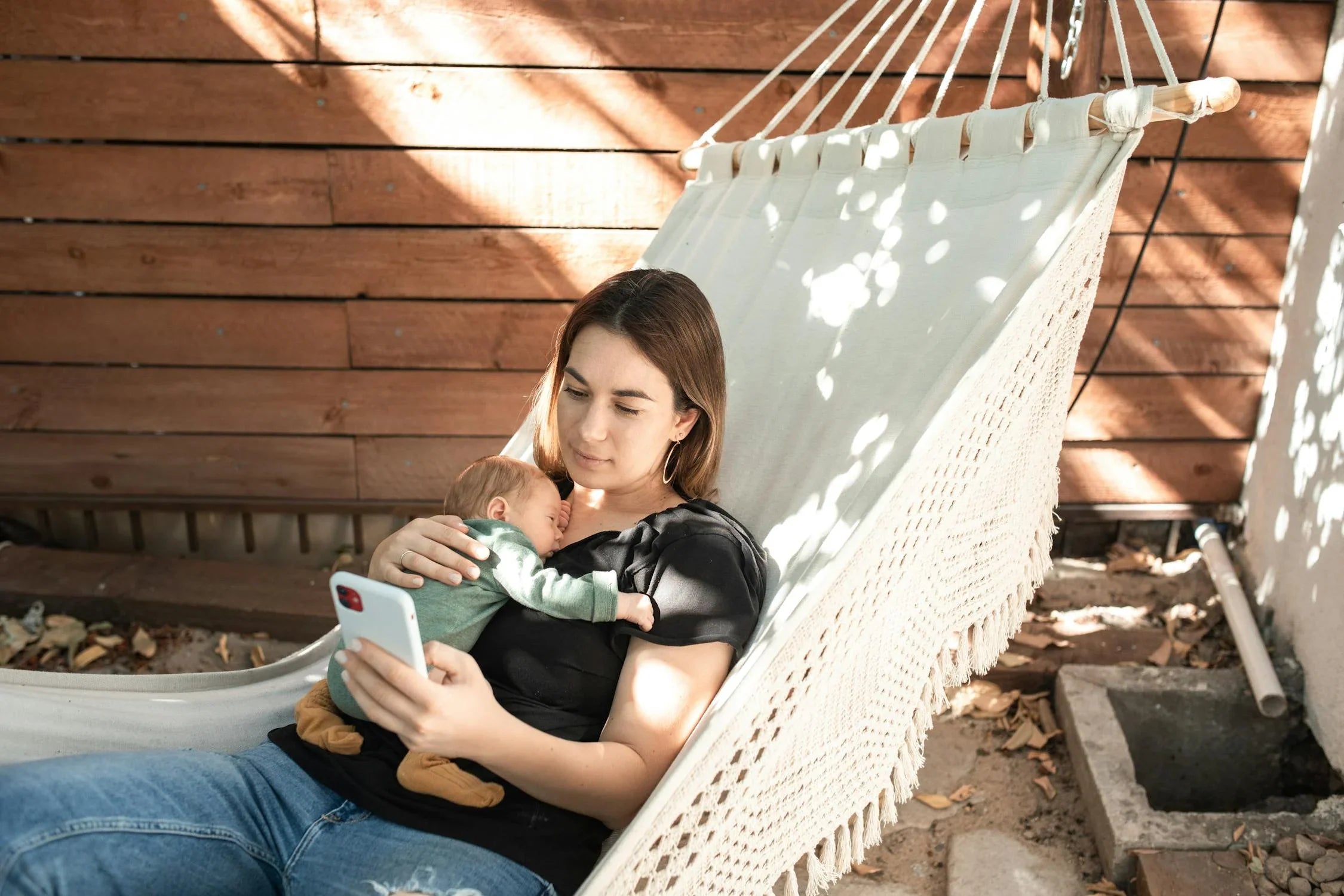Home
Pregnancy, Breastfeeding, and Pumping: The Ultimate Guide for Moms
Can Breastfeeding Cause False Positive Pregnancy Test?

Can Breastfeeding Cause False Positive Pregnancy Test?
When it comes to pregnancy tests, accuracy is everything. But what happens when a test result doesn’t align with reality? For breastfeeding mothers, this can be a confusing and even alarming experience. The question arises: Can breastfeeding cause a false positive pregnancy test? The answer is more nuanced than you might think. Let’s dive into the science behind pregnancy tests, the role of hormones during breastfeeding, and how these factors might lead to unexpected results.
Understanding Pregnancy Tests
Pregnancy tests work by detecting the presence of human chorionic gonadotropin (hCG), a hormone produced by the placenta after a fertilized egg attaches to the uterine lining. Most home pregnancy tests are designed to detect hCG levels in urine, with some being more sensitive than others. While these tests are generally reliable, certain conditions can lead to false positives or negatives.
The Role of Hormones During Breastfeeding
Breastfeeding triggers a complex interplay of hormones in a woman’s body. Prolactin, the hormone responsible for milk production, is elevated during this period. Additionally, breastfeeding can suppress ovulation and menstruation, a phenomenon known as lactational amenorrhea. However, this doesn’t mean that all hormonal activity ceases. In some cases, residual hCG from a previous pregnancy or other hormonal fluctuations can interfere with pregnancy test results.
Can Breastfeeding Lead to False Positives?
While breastfeeding itself doesn’t directly cause a false positive pregnancy test, it can create conditions that increase the likelihood of one. For example, if a woman has recently given birth, trace amounts of hCG may still be present in her system. This can lead to a false positive result, especially if the test is taken shortly after delivery. Additionally, certain medications or medical conditions, such as ovarian cysts or pituitary gland disorders, can elevate hCG levels and skew test results.
Other Factors to Consider
It’s important to rule out other potential causes of a false positive pregnancy test. Improper test usage, expired tests, or evaporation lines can all lead to misleading results. If you’re breastfeeding and receive a positive pregnancy test, it’s wise to confirm the result with a healthcare professional. Blood tests and ultrasounds can provide more accurate information about your pregnancy status.
When to Take a Pregnancy Test While Breastfeeding
Timing is crucial when taking a pregnancy test while breastfeeding. If you suspect you might be pregnant, wait until your hCG levels are likely to be detectable. This typically means waiting until after a missed period or at least two weeks after potential conception. Taking a test too early can result in a false negative, even if you are pregnant.
What to Do If You Get a False Positive
Receiving a false positive pregnancy test can be emotionally challenging, especially for breastfeeding mothers who may not be planning another pregnancy. If you’re unsure about your results, consult your healthcare provider. They can help you understand the underlying causes and guide you through next steps. Remember, a false positive doesn’t necessarily mean something is wrong—it’s simply a signal to seek clarity.
Breastfeeding and Fertility
Breastfeeding can impact fertility, but it’s not a foolproof method of contraception. While lactational amenorrhea can delay the return of ovulation, it’s not guaranteed. If you’re breastfeeding and not ready for another pregnancy, consider using a reliable form of birth control. This can help you avoid the stress of uncertain pregnancy test results.
The Emotional Impact of False Positives
False positive pregnancy tests can take an emotional toll, particularly for women who are breastfeeding. The mix of hormones, sleep deprivation, and the demands of caring for a newborn can amplify feelings of confusion or anxiety. If you’re struggling with the emotional impact of a false positive, don’t hesitate to reach out for support. Talking to a counselor or joining a support group can provide valuable reassurance and guidance.
How to Minimize the Risk of False Positives
To reduce the likelihood of a false positive pregnancy test while breastfeeding, follow these tips:
- Wait until your hCG levels are likely to be detectable before testing.
- Use a high-quality, reliable pregnancy test.
- Follow the test instructions carefully to avoid errors.
- Confirm any positive result with a healthcare professional.
When to Seek Medical Advice
If you’re breastfeeding and receive a positive pregnancy test, it’s important to consult your healthcare provider. They can perform additional tests to confirm the result and rule out any underlying medical conditions. Early prenatal care is essential for a healthy pregnancy, so don’t delay seeking professional advice.
Final Thoughts
Breastfeeding is a beautiful and natural process, but it can sometimes complicate the interpretation of pregnancy test results. While breastfeeding itself doesn’t directly cause false positives, the hormonal changes it triggers can play a role. By understanding the factors at play and taking steps to ensure accurate testing, you can navigate this situation with confidence. If you’re ever in doubt, remember that healthcare professionals are there to support you every step of the way.
Share

